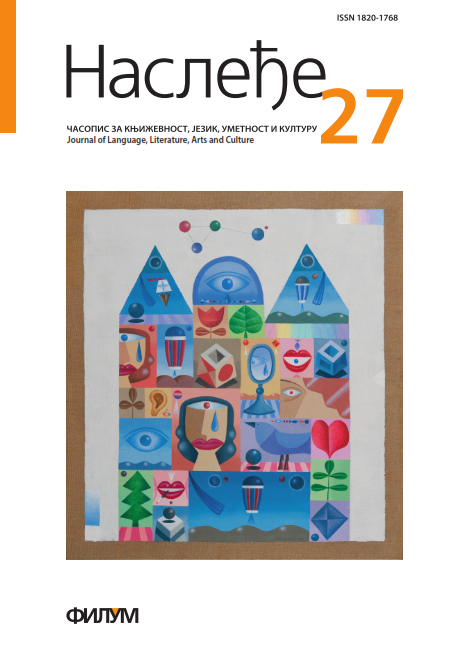THE REFORM OF SOCIAL POLICY IN THOMAS PAINE’S PAMPHLET „AGRARIAN JUSTICE”
Keywords:
Agrarian law, natural property, improved property, civilization, social policyAbstract
This paper discusses Paine’s plan to prevent the spread of poverty and at the same time accumulation of wealth in the eighteenth century France. Paine stresses an important difference between natural property, given to man for safekeeping after the creation of the world, and artificial property, created under the influence of mankind and seen as the solution of the central issue of poverty. Paine argues that man once had birthrights and that such rights have persisted only in some primitive societies such as North American Indian tribes, because the living conditions there were close to nature. Since it is not possible to return to the original natural property state from the state of civilized society, Paine suggests that all those in possession of landed property should have to pay a one-time fee and an annual tax on behalf of those who have been withheld of these rights.
References
Kej 2005: H. J. Kaye, Thomas Paine and the Promise of America, New York: Hill and Wang.
Klejs 1989: G. Claeys, Thomas Paine: Social and Political Thought, London: Routledge.
Mot, Jorgenson 1936: F. L. Mott, C. Jorgenson, Benjamin Franklin, American Writers Series, New York: American Book Company.
Pejn 1797: T. Paine, „Agrarian Justice, 1797”, in The Collected Writings, ed. E. Foner, New York: The Library of America, 1995.






